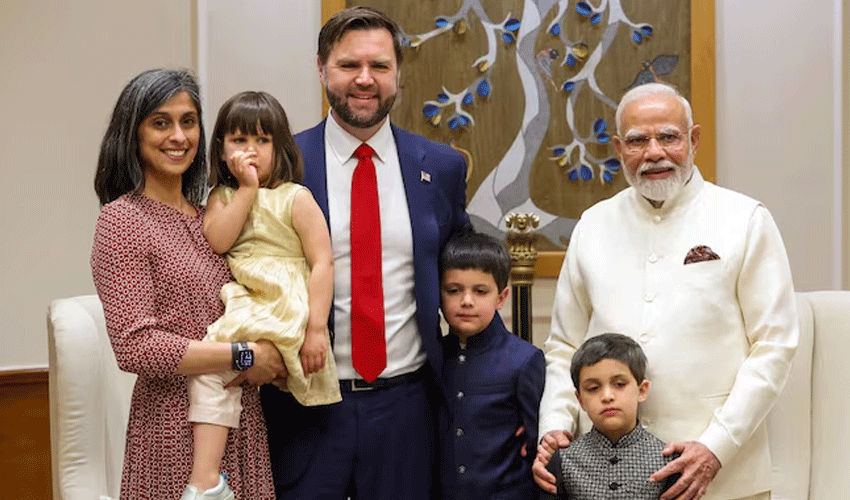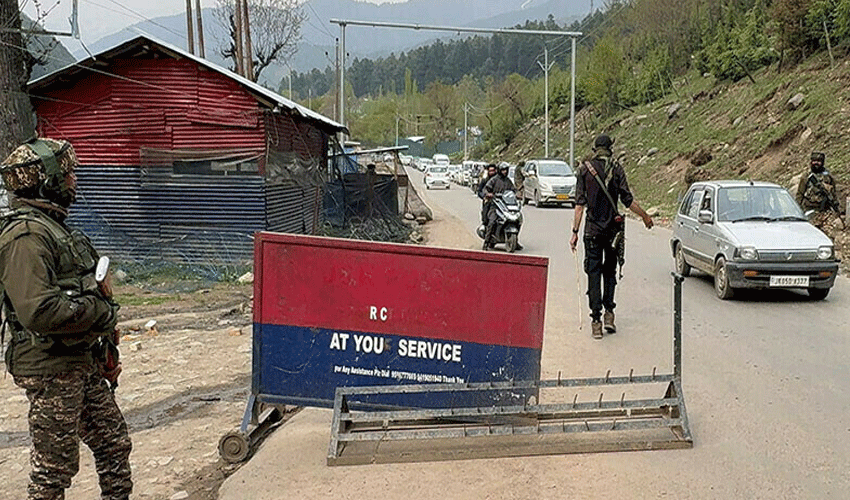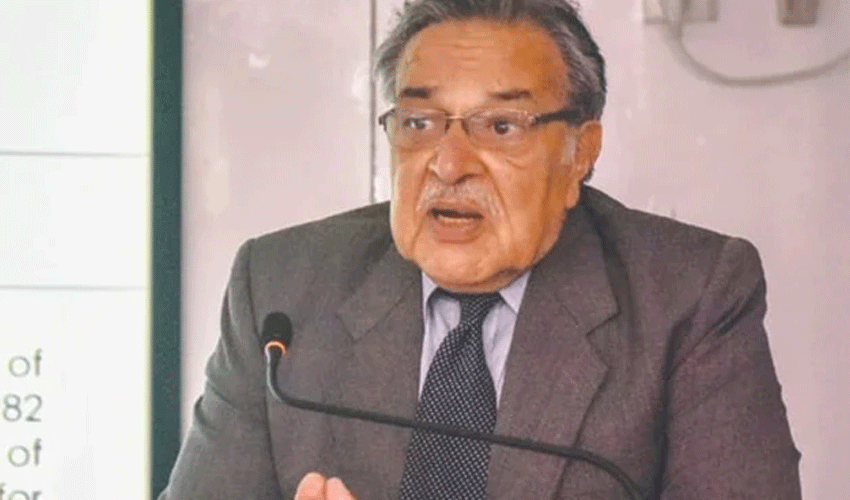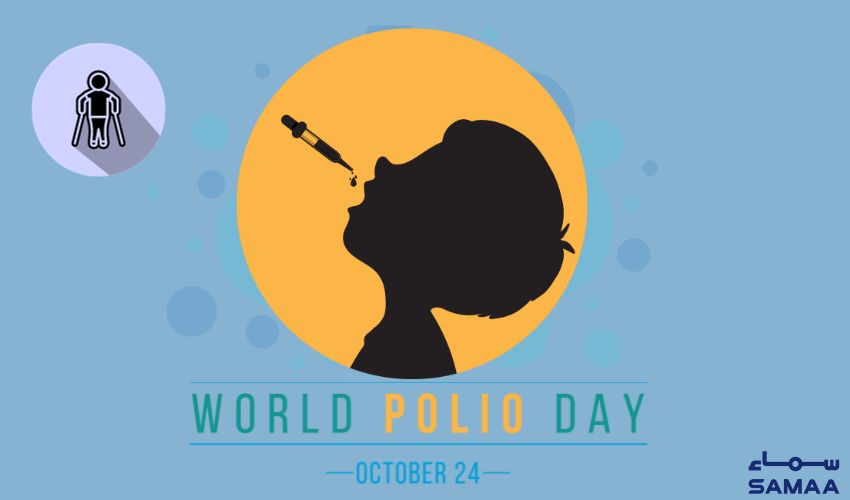US Vice President JD Vance on Tuesday underlined the need for stronger strategic and economic ties between Washington and New Delhi, warning that failure to do so could lead to a "very dark time for all of humanity."
Speaking during a visit to the northwestern Indian city of Jaipur, Vance highlighted energy and defence cooperation as key pillars of the bilateral relationship, while praising Indian Prime Minister Narendra Modi as a “tough negotiator” following a private dinner the two leaders shared on Monday.
“Prime Minister Modi drives a hard bargain,” Vance remarked, drawing laughter from the audience. “But if India and the United States work together successfully, we're going to see a 21st century that is prosperous and peaceful.”
He cautioned, however, that the absence of close collaboration between the two democracies could have dire global consequences. “If we fail to work together successfully, the 21st century could be a very dark time for all of humanity,” he said.
Vance is currently on a four-day trip to India accompanied by his wife, who is the daughter of Indian immigrants, and their three children. While largely personal in nature, the visit has taken on strategic undertones amid growing momentum on trade negotiations between the two nations.
The visit comes as New Delhi pushes to finalise an initial trade agreement with Washington before the expiration of a 90-day pause on steep tariffs imposed during former President Donald Trump’s administration. India views the deal as a key step in resolving long-standing trade irritants.
Earlier on Monday, Indian Finance Minister Nirmala Sitharaman, speaking in San Francisco, expressed optimism that the two sides could "positively conclude" the first phase of the trade pact by autumn.
Vance confirmed that significant headway had been made in trade talks and that both governments had agreed on the terms of reference for future negotiations. “It sets a roadmap toward a final deal between our nations,” he said.
The vice president’s remarks are likely to be seen as part of a broader US effort to deepen ties with India amid geopolitical shifts in the Indo-Pacific region, including China’s growing assertiveness and concerns over global energy security.
India and the US have steadily expanded defence, energy, and technology cooperation in recent years, with Washington viewing New Delhi as a crucial partner in its regional strategy.


























